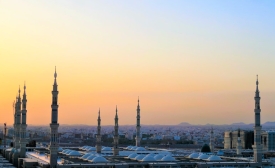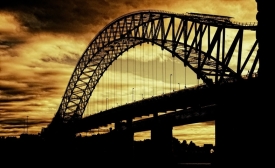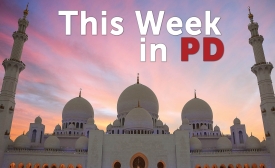saudi arabia

Saudi Arabia's soft power strategy during the Hajj promotes a liberal image but comes with a catch.

A look at the King Abdulaziz Center for World Culture's exchange program and the larger Saudi soft power campaign.

News this week focused on religion's role in public diplomacy.
When US President Donald Trump on April 7 ordered the firing of 59 cruise missiles at a military target in Syria as a swift retaliation for their use of chemical weapons on civilians, several Saudis warmly welcomed his decision. In fact, Nawaf Al Assi, a folklore poet, was so elated with the strike that he composed six verses thanking Trump for the attack.
With global oil prices flailing, Saudi Arabia is turning to another natural resource: billions of dollars gained from religious tourism as the kingdom hosts the annual hajj pilgrimage. “The money spent by pilgrims this year could be from 20 to 25 billion riyals (5.3 to 6.7 billion dollars),” said Maher Jamal, head of Makkah’s Chamber of Commerce and Industry - an estimated 70 percent increase from the previous year.
Saudi Arabia announced on Thursday that it is reopening its border with Qatar to allow Qataris to attend the hajj, despite a monthslong rift between Doha and four Arab countries led by Riyadh that prompted both sides to trade accusations of politicizing the pilgrimage.







